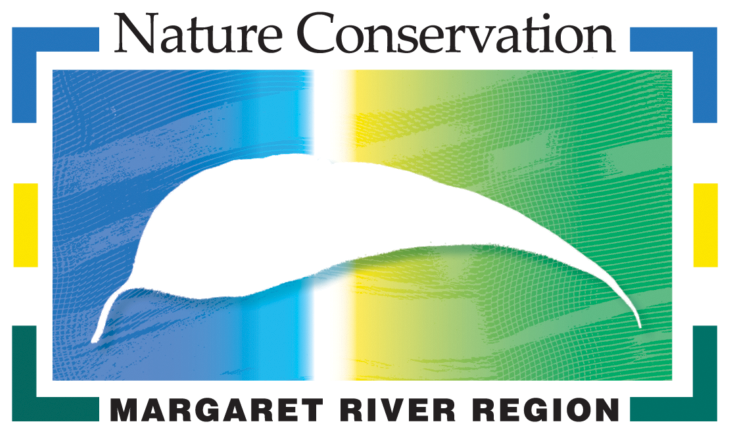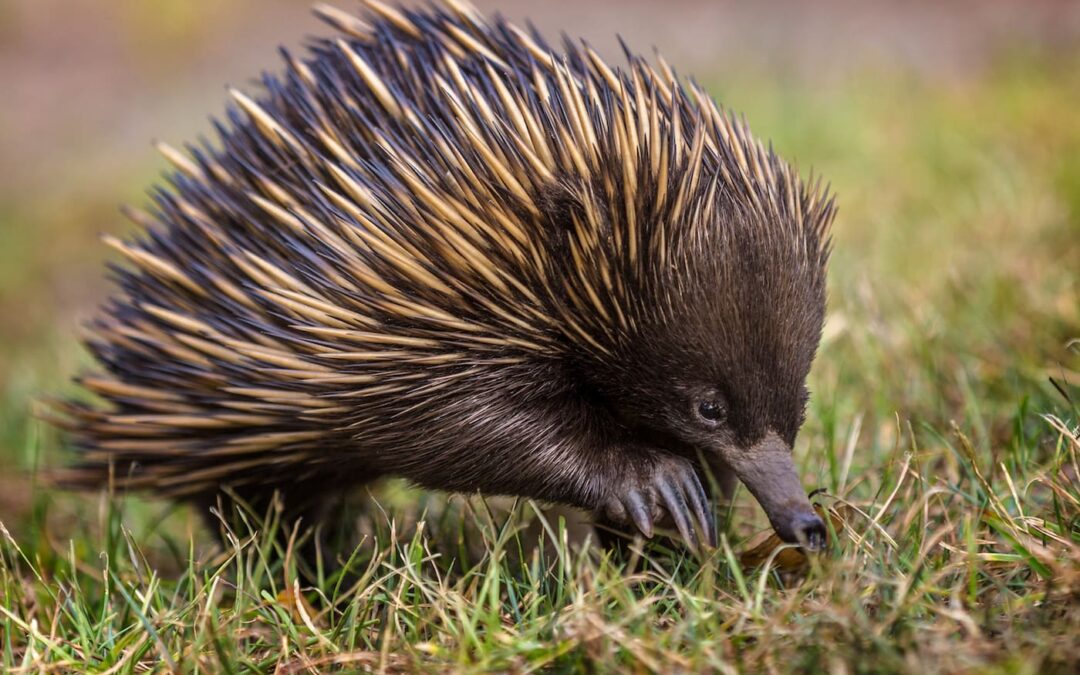Echidnas could be calling your place home or moving through your property – but the charismatic native animals could be falling prey to feral cats and foxes.
However, help is at hand for landholders at the top of the Capes region as part of a new initiative by the Cape Naturaliste Conservation Enterprise (CNCE), a Friends of Meelup project supported by Nature Conservation Margaret River Region.
The CNCE involves weed and feral animal control plus waterway and coastal restoration to boost habitat for native plants and animals, restoring the fragmented landscape across Cape Naturaliste north of Caves Road between Yallingup and Dunsborough. Local landholders, residents, farmers and businesses are all invited to play a role.
As part of the program, feral animals are being targeted. “We’re looking for rural property owners on Cape Naturaliste who are keen to play their part protecting our native fauna by controlling foxes, feral cats or rabbits on their property,” says CNCE coordinator Mandy Polley.
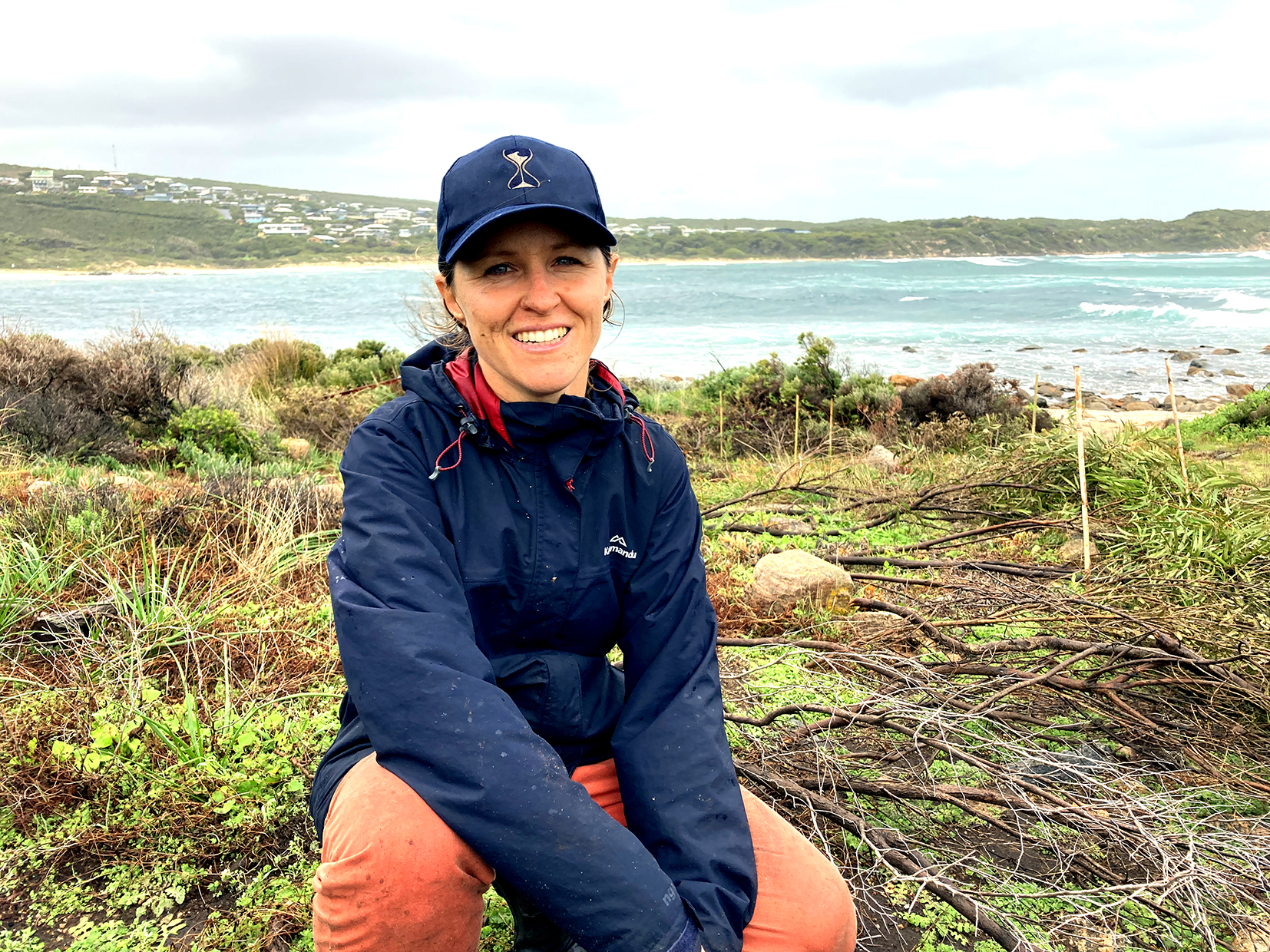
Cape Naturaliste Conservation Enterprise officer Mandy Polley
“If you live on or around Cape Naturaliste, you could have echidnas living on or moving through your property. But if you’re keen to catch a glimpse of an echidna on the cape, or be blessed with having resident echidnas on your property, you’ll need to do something about feral cats and foxes. Both prey on echidnas – spines and all – and well as many other native animals.”
Feral animals, including foxes, cats and rabbits, have a huge impact on biodiversity. Since European settlement, feral cats and foxes have played a significant role in most native mammal extinctions. Both foxes and cats also impact livestock and productivity through predation and transmission of disease. Rabbits graze on native plants and prevent natural regeneration by eating seeds and seedlings.
“But by working together, we can make a significant impact on feral numbers on the cape, building on the City of Busselton’s annual control of rabbits, foxes and feral cats in Meelup Regional Park and Big Rock Reserve,” says Mandy. “We can help create a safe haven for our precious fauna, including the elusive echidna, which has been observed on the cape.”
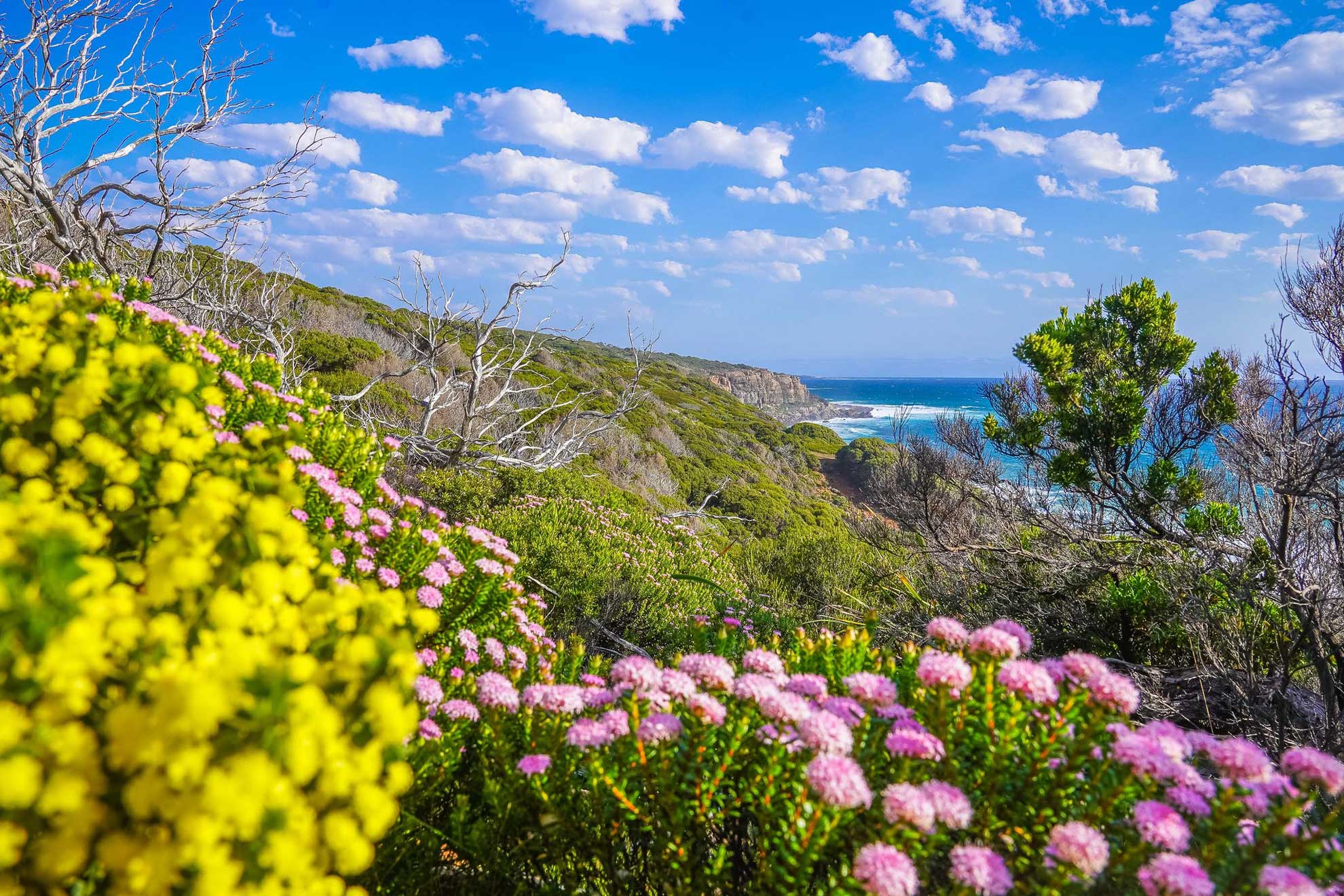
Landholders interested in feral animal control are urged to sign up for one of a limited number of spaces by February 28.
Landholders will receive a training workshop about feral animals, their impacts, methods for control, and how to use the FeralSCAN app. Monitoring cameras will be set up to check feral activity and movement on your property. And feral animal control can be carried out by a licensed pest control operator on a 50-50 cost share basis. At the end of the project, there will be a landholder barbeque with presentation of results and celebration.
The control program will commence in autumn with registered landholders. More details will be provided following registration.
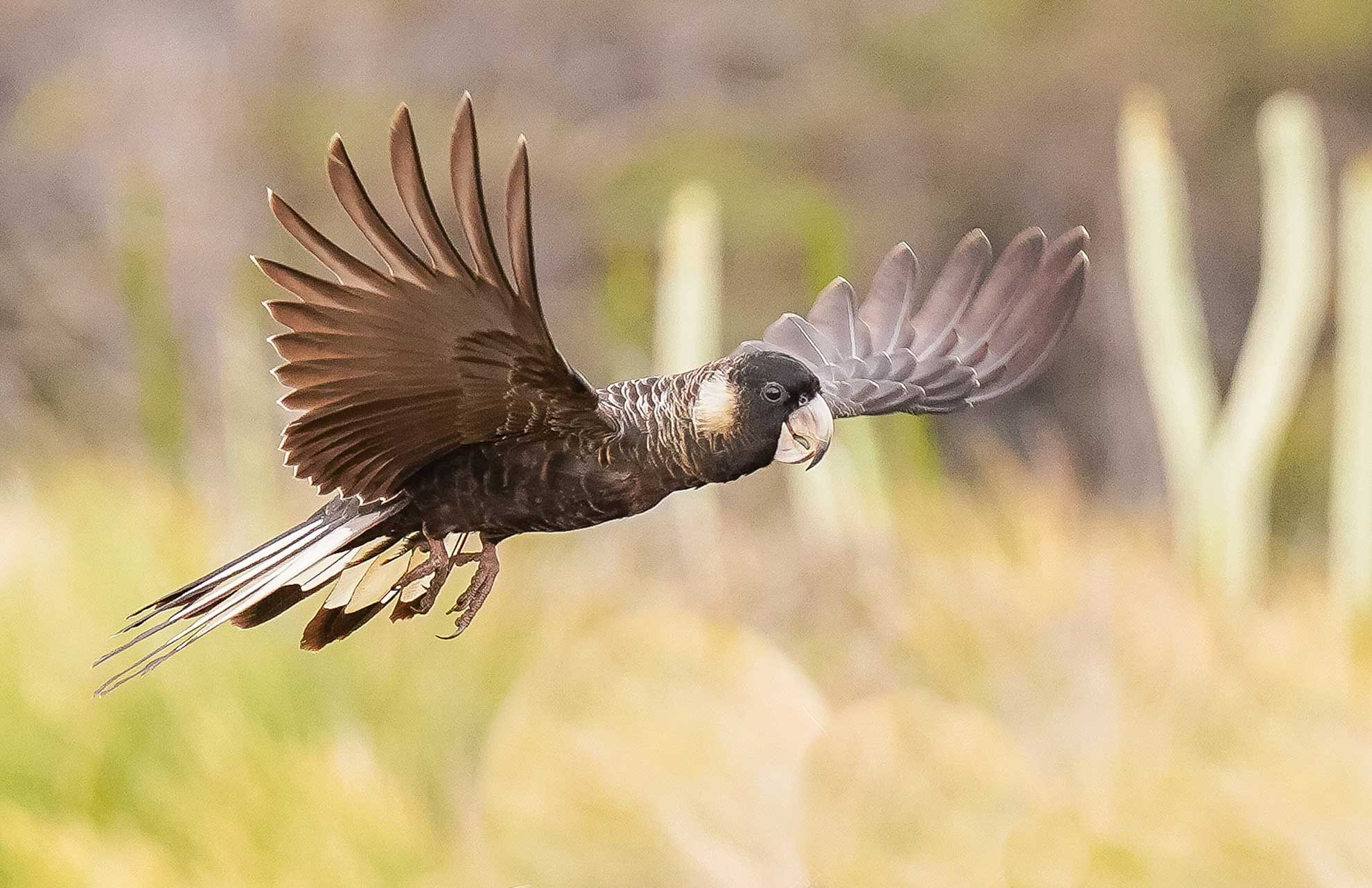
The CNCE is funded by the WA Government’s State Natural Resource Management Program. Also on board as key partners are the City of Busselton, Yallingup Landcare District Committee, the Department of Biodiversity, Conservation and Attractions, First Nations custodians and community groups. Line in the Sand philanthropic group have also contributed support for a feral animal study.
Cape Naturaliste is part of an internationally recognised biodiversity hotspot, bound by spectacular coastline and home to endemic and threatened flora and fauna, Wadandi heritage sites, the Meelup Regional Park, parts of the Leeuwin Naturaliste National Park and local government reserves. But it faces threats on all fronts, including invasive weeds, feral animals, plant pathogens such as dieback, population pressure, land clearing and development, increasing tourism and the threat of fire.
Nature Conservation project manager Cass Jury says the Cape Naturaliste area has already suffered localised extinctions and has more than 50 plant and animal species considered endangered or threatened. But she said the cross-tenure, landscape-scale Cape Naturaliste Conservation Enterprise is an exciting opportunity to carry out meaningful work to give nature a real helping hand, bringing together landholders, government, conservation and community groups to work towards a common goal.

